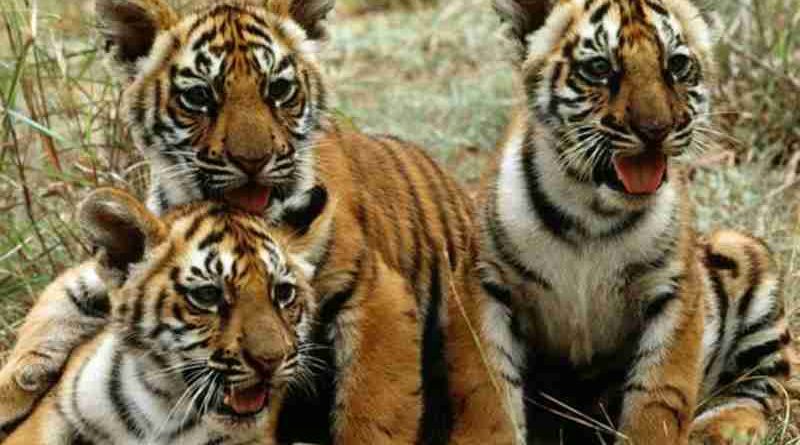UN Joins Call for Protection of Planet’s Big Cats

Big cats, the planet’s most majestic predators, are under increasing threat – mostly caused by human activities. On this year’s World Wildlife Day (March 3), the United Nations is joining the world in raising awareness to their plight and galvanizing support for their safety.
“This year, the spotlight falls on the world’s big cats, which include species such as cheetahs, pumas and snow leopards, found from Africa to Asia and the Americas,” said United Nations Secretary-General António Guterres in his message.
“These charismatic creatures are universally revered for their grace and power, yet they are increasingly in danger of extinction,” he added, noting the massive decline in their numbers.
Just over a century ago, some 100,000 wild tigers roamed Asia, while fewer than 4,000 remain today. All the big cats are collectively under threat from habitat loss, climate change, poaching, illicit trafficking, and human-wildlife conflict.
“We are the cause of their decline, so we can also be their salvation,” Mr. Guterres asserted. “The Sustainable Development Goals (SDGs) include specific targets to end the poaching and illegal trafficking of protected species of wild fauna and flora.”
At an event at UN Headquarters in New York on Friday – co-organized by the Permanent Missions of Gabon, Germany, Kyrgyzstan and Thailand, and UNDP – the Convention on International Trade in Endangered Species (CITES), the UN Environment Programme (UNEP,) UNODC, African Parks, Panthera, WCS and WWF, Deputy Secretary-General Amina Mohammed explained that SDG 15 highlights actions to reverse the loss of biodiversity across all regions.



